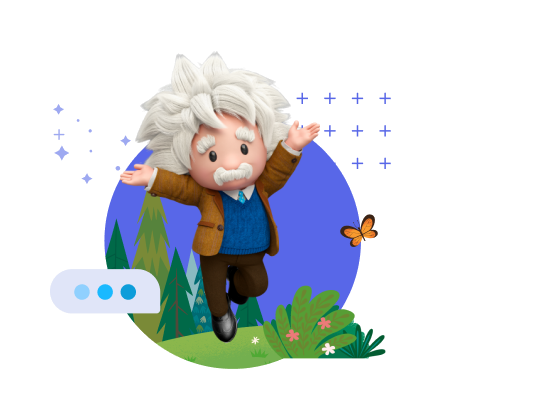The New Era of AI Customer Service: Sales Force Einstein GPT

Customer service organizations today find themselves in a challenging landscape, grappling with record-high case volumes and rising customer expectations that lead to longer wait times and increasing dissatisfaction. However, as we sail into a new era of artificial intelligence (AI), generative AI models are emerging as a beacon of hope, promising to redefine the customer service domain.
Salesforce has recently introduced Einstein GPT, the world's first generative AI for CRM, to supercharge productivity and transform customer experiences. This AI model, powered by OpenAI's GPT, is designed to deliver personalized customer interactions, augmenting the customer journey with AI-generated emails, conversations, and offers built on real-time data.
Pros of Generative AI in Customer Service
Generative AI models like Einstein GPT hold immense potential to optimize service operations. By creating AI-generated personalized responses, they can expedite agent-to-customer communication and foster deeper relationships with customers.
Moreover, by leveraging insights from case notes and other forms of data like Slack conversations and messaging history, these models can auto-generate knowledge articles. This shift towards self-service experiences can alleviate pressure on call centers and agents, promoting efficiency and effectiveness.
Innovative features of Einstein GPT, such as fast-tracking case swarming, can further streamline service operations. Case swarming involves harnessing the collective expertise of an organization to solve complex cases. Generative AI can enhance this process by identifying similar past cases, suggesting the best-skilled individuals to address the issue, and recommending resolutions, thereby speeding up the process significantly.
Cons and the Way Forward
Despite these promising benefits, it's crucial to acknowledge that generative AI models come with their set of challenges. They can occasionally generate biased or harmful outputs, and even fabricate facts, referred to as "hallucinations". Hence, the importance of human reviewers in the loop cannot be overstated.
Salesforce has outlined five guidelines for building generative AI inclusively and intentionally, emphasizing safety, transparency, privacy, user empowerment, and digital equality. It's evident that the journey towards leveraging generative AI in customer service requires careful navigation, balancing the transformative potential of this technology with its risks.
In conclusion, we stand at the cusp of a new era in customer service, with generative AI models like Einstein GPT leading the way. As we harness the power of these models to supercharge productivity, accelerate case resolution, and deepen customer relationships, the future of customer service looks promising indeed. However, the path to this future must be treaded with caution, ensuring the responsible and ethical use of AI.
Salesforce's Einstein GPT is an example of the transformative potential of generative AI models, marking the next big milestone in Salesforce's AI journey. It is an embodiment of the shift towards more inclusive AI, designed to foster a future where technology augments human capabilities rather than replacing them. The question is no longer whether AI will reshape customer service, but how we will navigate this new landscape to maximize its benefits while mitigating its challenges.
